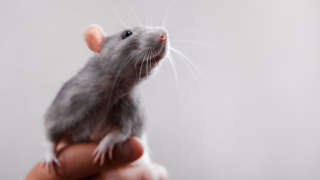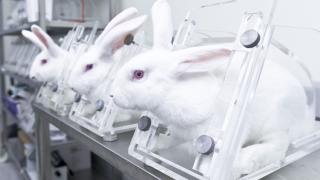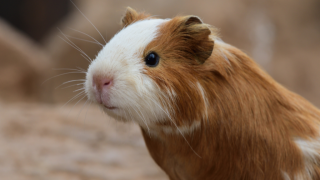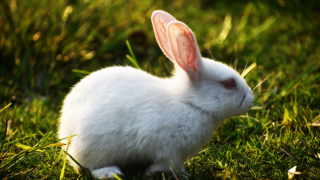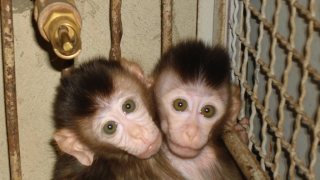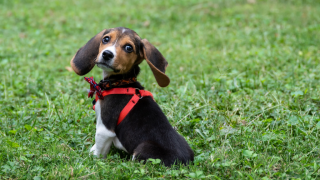Cruelty Free International challenges Bristol University for failing to produce animal testing figures
In a hearing yesterday, Cruelty Free International challenged Bristol University for refusing to reveal the numbers and types of animals it experimented on in 2013, along with brief details of the research.
Under the Animals (Scientific Procedures) Act, every university carrying out animal experiments in the UK must keep records of the numbers of animals it uses. Many universities, including Bristol, have also promised to be more open about the animal testing they do.[1]
Last year Cruelty Free International asked every UK university that tests on animals (around 70) how many animals they used in 2013, what types of animals and why. Every university replied except Manchester (who ignored it), and Bristol. The results of the survey were reported widely by the media including the Metro, the Independent and the BBC.[2]
Bristol University says that it would take too long to pull together the information, but according to the Animals (Scientific Procedures) Act 1986, the University should already have collected the data.
Michelle Thew, CEO of Cruelty Free International said: “There is widespread concern over the use of animals in research but an informed debate cannot take place under a veil of secrecy. The research industry has made claims of late over its commitment to transparency and openness and yet we have encountered a closed door at Bristol University in relation to very basic information. “
Cruelty Free International has previously criticised Bristol for its use of cats in painful experiments.[3] The University has recently admitted in a more recent FOI request answer that it is testing on mice, rats, fish, cats, guinea pigs, hamsters, rabbits, ferrets, bats, pigs and sheep but still does not know the numbers of each. According to papers published by Bristol researchers, recent animal experiments have included tests involving brain injury, diabetes, obesity, ageing, heart attacks, cancer and pain.
Sources:
[1] Concordat on Openness on Animal Research, see http://www.understandinganimalresearch.org.uk/policy/concordat-openness-animal-research/
[2] http://www.bbc.co.uk/news/uk-scotland-edinburgh-east-fife-31796418
[3] http://www.dailymail.co.uk/news/article-2646004/Kittens-skulls-cracked-opens-electrodes-inserted-brains-shocking-series-experiments-University-College-London.html


